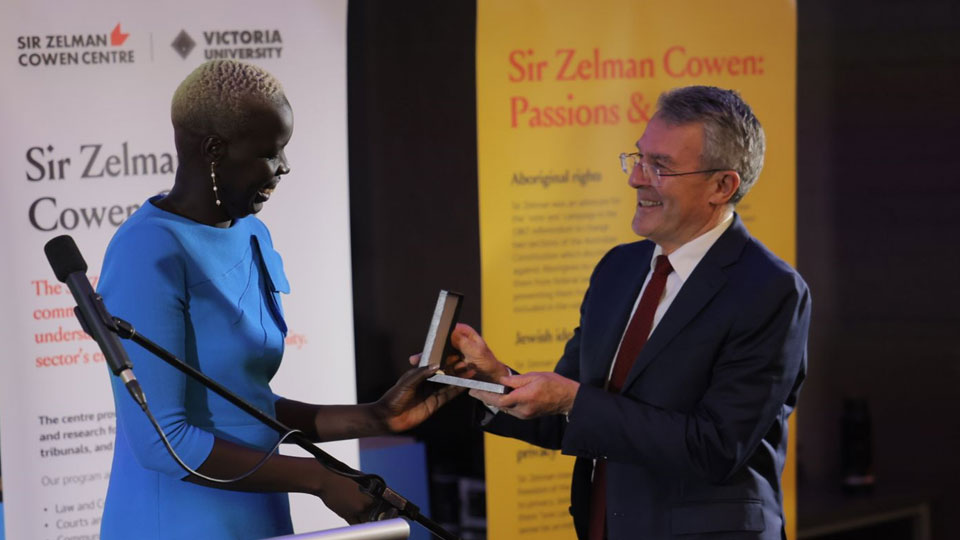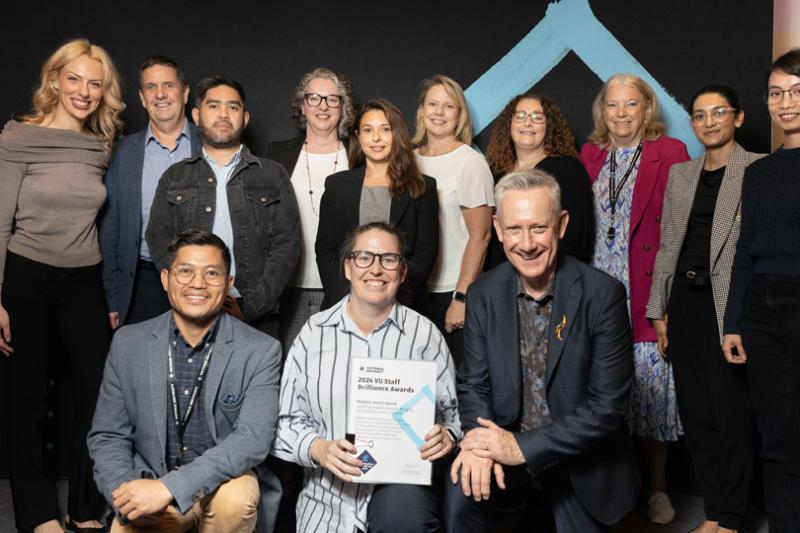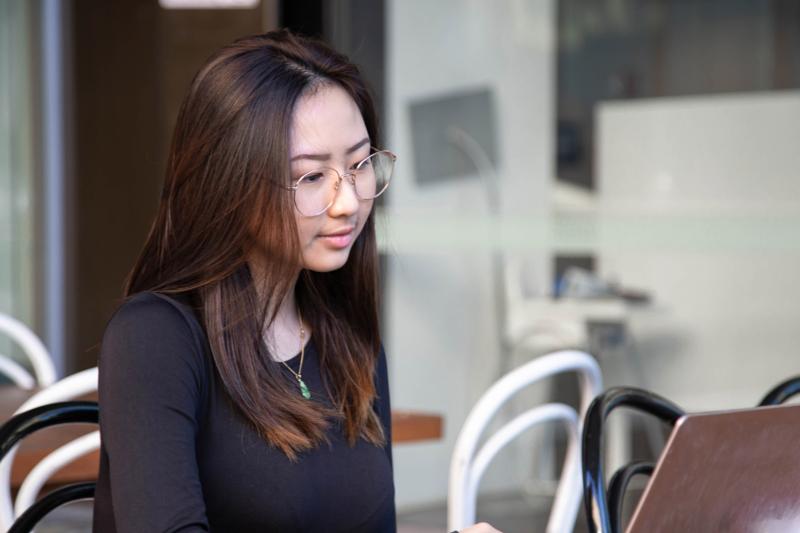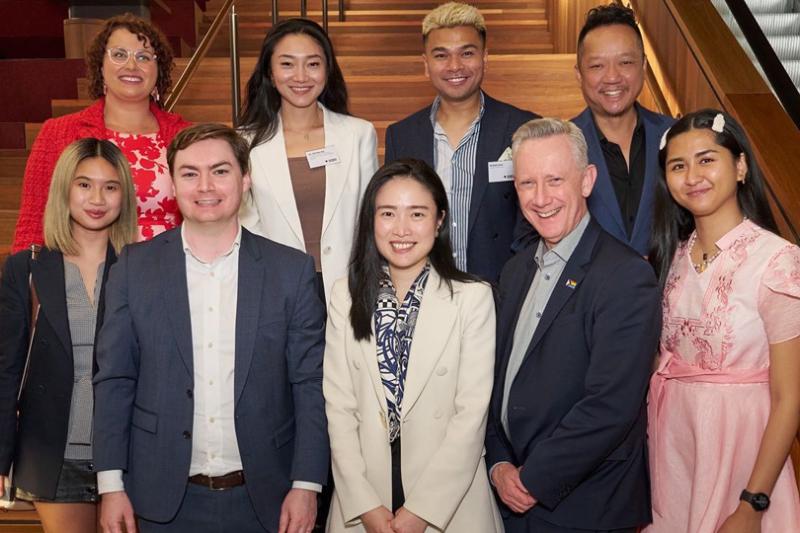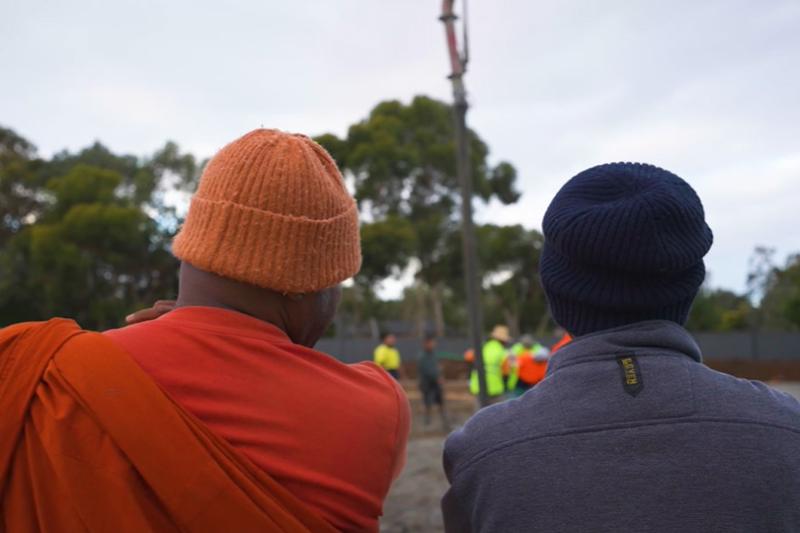Lawyers as changemakers: Attorney-General Mark Dreyfus on the legacy of Sir Zelman Cowen
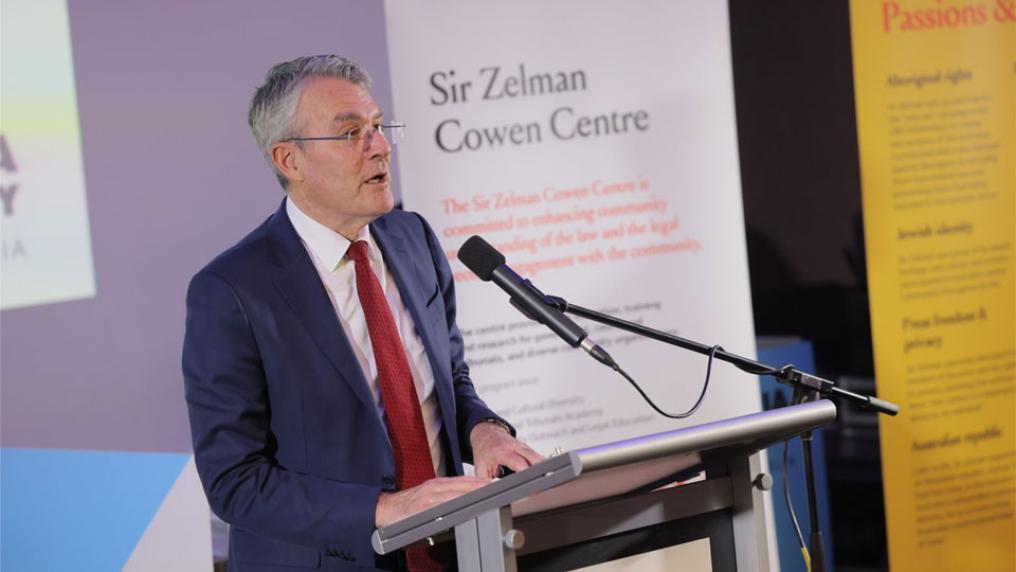
Federal Attorney-General, the Honourable Mark Dreyfus KC MP reflected on the remarkable life and legacy of Sir Zelman Cowen, and encouraged all lawyers to support the upcoming referendum to enshrine an Aboriginal and Torres Strait Islander Voice in the Constitution.
Mr Dreyfus was delivering the final address of a three-lecture series, Lawyers as Changemakers, hosted at Victoria University’s (VU) Sir Zelman Cowen Centre (SZCC) on 27 July.
The Attorney-General was introduced by SZCC Executive Director Nyadol Nyuon OAM, and VU Chancellor Steve Bracks AC, who also reflected on Sir Zelman’s legacy and his passion and commitment to education and equal opportunity, which lives on through the work of the Centre.
Speaking to a sell-out audience, Mr Dreyfus said it was a particular honour to speak on the life and legacy of the late Sir Zelman Cowen.
“Sir Zelman Cowen paved the way for legal academics to participate in broader national life: beyond the navigation of legal doctrine and in a new and change-making role in Australian society.”
Remembering him as a beloved husband, father and active member of the Melbourne Jewish community, Mr Dreyfus said of Sir Zelman that “as a lawyer, scholar, educator and statesman, he is without peer."
Sir Zelman was appointed by Prime Minister Malcolm Fraser following the resignation as Governor General of Sir John Kerr. Mr Dreyfus reflected on the crucial role that Sir Zelman played in restoring trust in the office of the Governor General, and in healing political divisions following the 1975 constitutional crisis.
“It’s hard, from the distance of almost 50 years, to comprehend the magnitude of the task that confronted Sir Zelman upon his appointment as Governor General.”
Mr Dreyfus explained that Sir Zelman played a significant role in the same history-making constitutional reform process that will soon face Australians.
“It was in fact Sir Zelman who produced the ‘Yes’ case [on behalf of ABC television] in the lead up to the 1967 referendum. A decade later, in 1977, Australia voted in our last successful referendum.”
Mr Dreyfus acknowledged the difficulty of achieving constitutional reform, noting that none of Australia’s eight referenda since then had been successful.
“Today, no Australian voter 63 years of age or younger, has participated in a successful referendum.”
Mr Dreyfus encouraged lawyers in the room and beyond to consider their role as advocates for the upcoming referendum, saying he believed that The Voice would be an historic moment in the journey to Reconciliation.
“Enshrining The Voice in the Constitution would recognise Aboriginal and Torres Strait Islander peoples as the first peoples in Australia in our nation’s founding document, for the first time. The Voice would complement the existing structures of Australia’s democratic system, and enhance the normal functioning of government and the law.”
“It would be an independent institution that speaks to the parliament and the executive government. It would not replace, direct or impede the actions of either.”
“Lawyers have the opportunity to embrace the invitation contained in the Uluru Statement and walk with First Nations people in a movement for a better future.”
About the three-part Lawyers as Changemakers series
The SZCC started the series “not only to showcase the work of lawyers in their professional career and their contribution to society – we also wanted to show the importance of mentorship,” explained Ms Nyuon.
Previous speakers
- The trailblazing career of William Ah Ket as discussed by William Lye OAM KC, a prominent barrister, educator and cultural diversity advocate.
- Ike Nwokolo, a senior lawyer and Practice Group Leader in Slater and Gordon’s public liability team, speaking about his pursuit of social justice from an African-Australian perspective.
